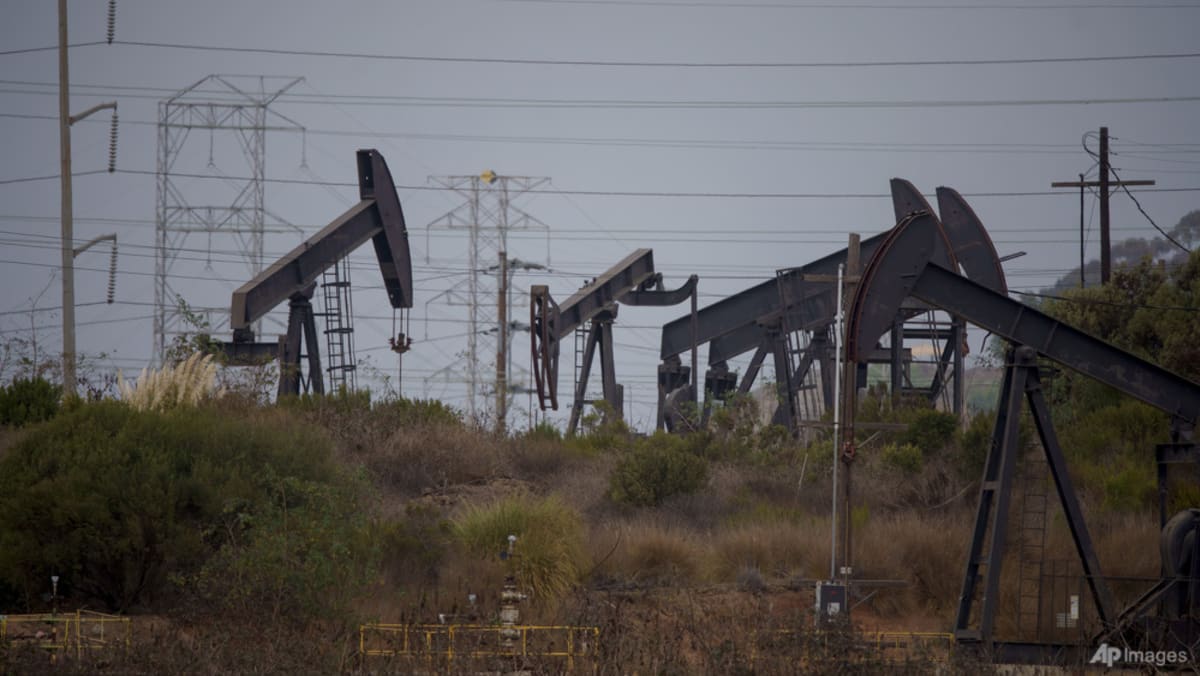Oil prices not skyrocketing despite geopolitical issues in the Middle East – the centre of oil production and transportation – is another indication that demand for oil is weakening, he added.
“I believe the oil demand in 2050 will be significantly less than today,” he told CNA’s Roland Lim on the sidelines of the Singapore International Energy Week.
His comments came a day after Amin Nasser, CEO of oil giant Saudi Aramco, said that oil consumption is likely to increase until 2050 due to demand from developing economies.
Oil will however continue to be part of the global energy mix, said Birol.
NUCLEAR ENERGY SET TO BE “INTEGRAL”
Growing electricity demand will be met by renewable sources of energy, including nuclear power, Birol added.
He said that even though the Fukushima disaster in 2011 – which released large amounts of radioactive material into the environment – slowed down the development of nuclear energy, it is making a “big, strong comeback” around the world in nations like Japan, South Korea, and China.
“It is happening in two ways: One, building new large scale nuclear power plants, and two, pushing the small modular reactors which could feed the data centres,” he told CNA.
He added that nuclear energy, which is currently the second largest source of low-carbon electricity production globally after hydropower, could be integral in the world’s energy mix in the years to come.
